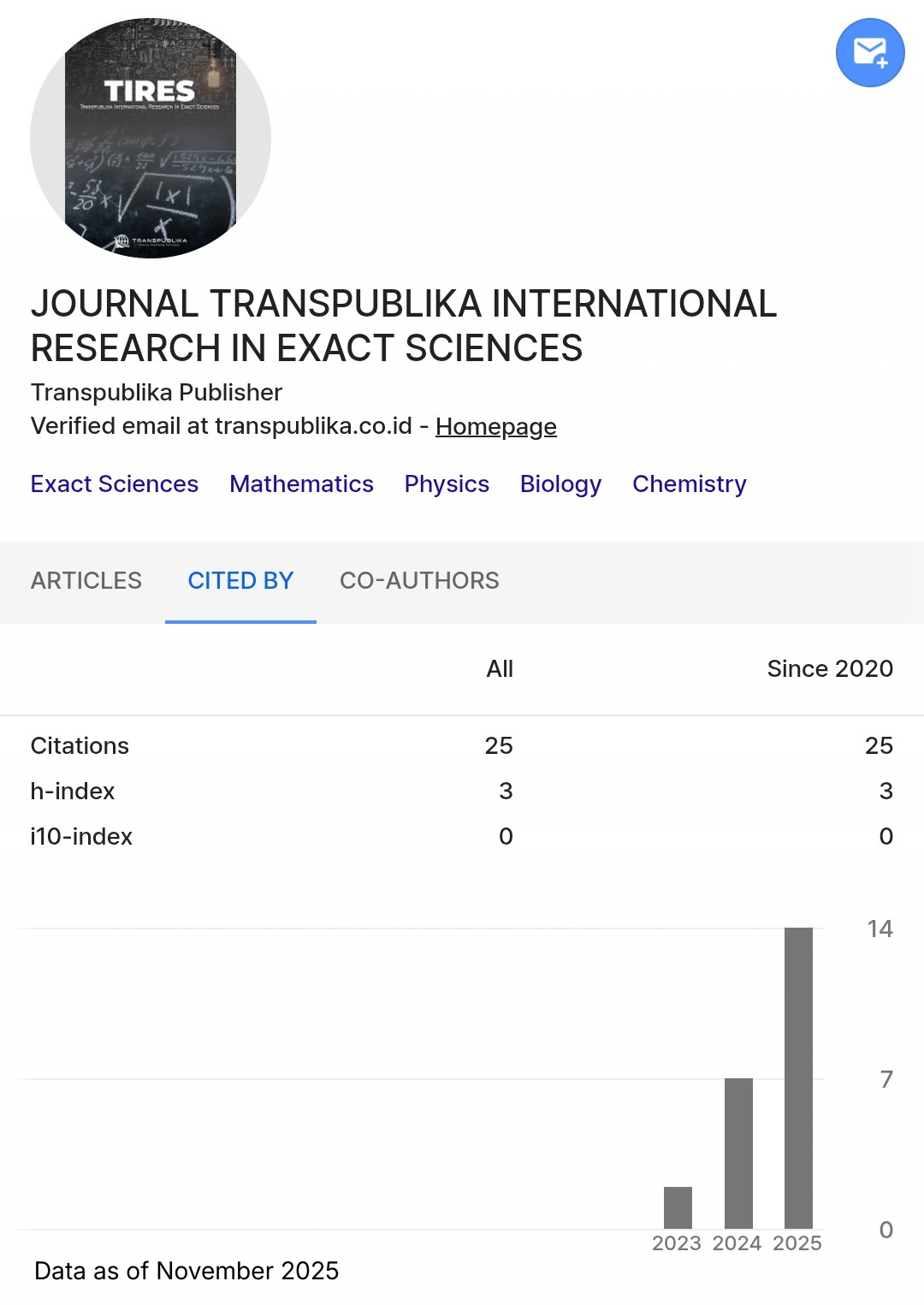THE EFFECTIVENESS OF THE CHILDREN LEARNING IN SCIENCE (CLIS) LEARNING METHOD IN IMPROVING PHYSICS CONCEPT UNDERSTANDING
Main Article Content
Sholikhan* [Scopus ID : 57219118583]
Physics learning in the classroom has a number of challenges, including a reliance on the Direct Instruction (DI) model, a lack of innovation on the part of the teacher, and a high student paradigm of memorizing formulas. As a result, The DI model currently in use is still centered on teachers who employ the lecture technique and do not fully engage students in the learning process. Therefore, it is necessary to develop a learning model that encourages students to be more active and to be more directly involved in the learning process in order to overcome these difficulties. This research aims to analyze the effectiveness of the Children Learning in Science (CLIS) learning method in improving physics concept understanding 9th grade students of SMP N 23 Malang. This quantitative research design was using the Pre-test and Post-test Control Group Design, in the research design both the control class and the experimental class were applied and only the experimental group received X treatment. The research population was all 9th grade students of SMP N 23 Malang. The sample collection technique used by the researcher is the Cluster random sampling technique. The finding reveals that the CLIS learning model has a significant effect on comprehending the concept of Physics in magnetic materials, as evidenced by the Pretest and Posttest results ranging from 47,83 to 80,16 on the Pretest and Posttest. In addition, the results of the Effect Size test, which obtained a result of 1,05, demxnstrate the validity of the findings.












